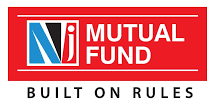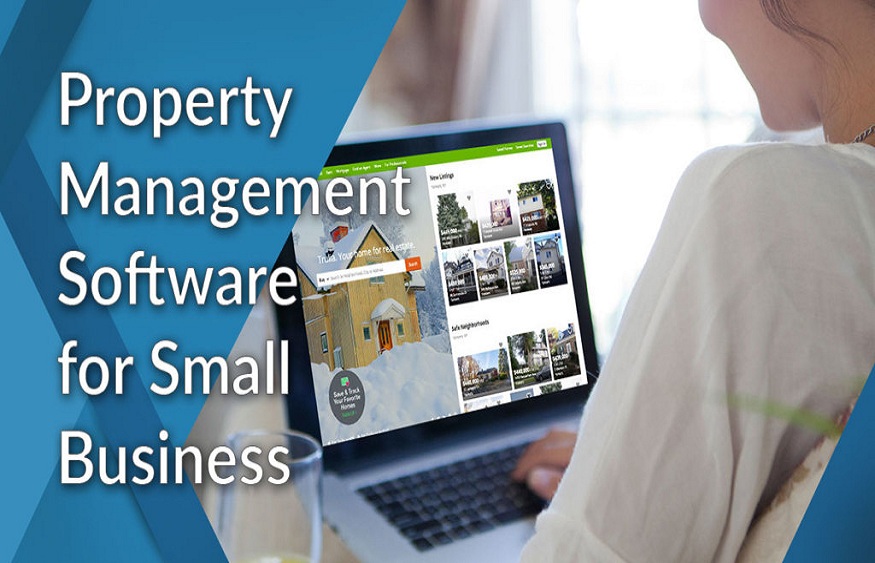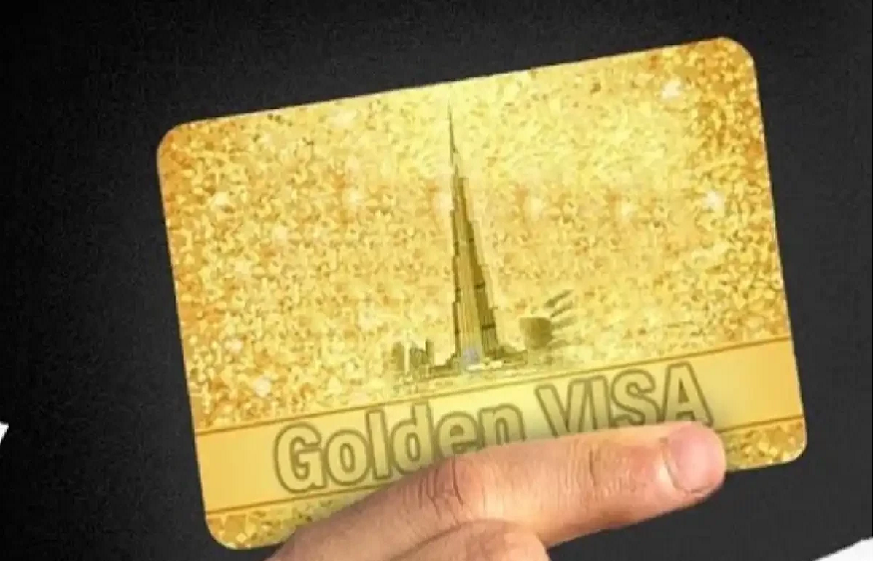Hotels rely heavily on effective distribution management to maximize revenue potential. Hotel management systems and property management software are integral facets of the hospitality industry. These technologies facilitate a smooth and efficient administration of operations, ensuring excellent customer service, and streamlining internal processes.
Understanding Hotel Management Systems
Hotel Management System (HMS) are software solutions that enable hotel operators to manage their daily operations seamlessly. HMS are designed to cover all key aspects of hotel administration, from room bookings, inventory management, billing, and reporting, to customer relationship management. By automating these processes, HMS significantly reduces the time and effort required to manage hotel operations.
The Role of Property Management Software
Property Management Software (PMS) is a robust technology solution designed to handle the various facets of property management. These include tenant and lease tracking, accounting, building maintenance, and more. With the help of PMS, property managers can maintain a real-time view of their portfolio, making it much easier to make informed decisions about property management.
Key Features of HMS and PMS
Both HMS and PMS have unique features that make them indispensable tools in their respective fields.
Hotel Management Systems:
- Reservation management: HMS allows for streamlined booking and reservation management, reducing the likelihood of overbooking or double-booking rooms.
- Front-desk operations: HMS simplifies front-desk operations by integrating guest check-in/check-out, guest profiles, room assignment, and billing into a single platform.
- Housekeeping management: HMS can track and schedule housekeeping tasks, ensuring rooms are always ready for guests.
Property Management Software:
- Tenant and lease tracking: PMS allows for the easy tracking of tenants, leases, and rent payments.
- Maintenance management: PMS helps in scheduling regular property maintenance, tracking repair requests, and ensuring timely completion.
- Accounting: PMS can manage financial aspects such as budgeting, forecasting, and financial reporting.
The Future of HMS and PMS
The future of HMS and PMS is rooted in the increased adoption of technology in the hospitality and property management industry. As these sectors continue to evolve, we can expect more sophisticated features, including AI-driven analytics, IoT technology, and even virtual reality integration.
Choosing the Best HMS and PMS for Your Business
Selecting the right Hotel Management System or Property Management Software for your business can be a challenging task.
For HMS:
- Ease of use: An intuitive and user-friendly interface is essential. The software should be easy to learn and use, even for less tech-savvy team members.
- Integration: The HMS should integrate seamlessly with other systems you are using, such as your Point of Sale (POS) system, booking channels, and customer relationship management (CRM) system.
- Customer support: A good HMS provider should offer robust customer support, including training, troubleshooting, and regular software updates.
For PMS:
- Customizability: Look for PMS that can be tailored to fit your specific property management needs. The ability to customize features and reports can greatly enhance your management capabilities.
- Scalability: The PMS should be able to grow with your business. It should support adding new properties or expanding the capacity of existing ones without significant downtime or additional costs.
- Security: Ensuring the security of your tenants’ information is paramount. Choose a PMS that provides robust data security features.
Implementing HMS and PMS in Your Business
After choosing the right HMS or PMS for your business, the next step is the implementation process.
- Data Migration: The initial step in implementing new software involves migrating your existing data to the new system. This can include guest or tenant information, reservation or lease details, financial data, and more. It’s crucial to ensure this process is carried out accurately to prevent any data loss.
- Training: Team members need to be well-versed with the new software. Providing comprehensive training sessions can help ensure that everyone is comfortable using the new system. Make use of any training resources provided by the software vendor.
- Testing: Before fully integrating the new software into your operations, conduct thorough testing. This helps identify any potential issues or bugs that may need to be addressed.
The Impact of HMS and PMS on Business Outcomes
The implementation of Hotel Management Systems and Property Management Software can have profound effects on business outcomes.
- Improved Operational Efficiency: HMS and PMS can help streamline various operational processes. By integrating numerous tasks into a single platform, these software solutions can minimize manual errors and speed up task completion, leading to increased efficiency.
- Enhanced Customer Satisfaction: With the help of HMS, hotels can provide a seamless customer experience from check-in to check-out. Similarly, PMS allows property managers to respond to tenant requests promptly, fostering a positive tenant-landlord relationship. Both these factors contribute to higher customer satisfaction ratings.
- Increased Revenue Generation: Both HMS and PMS can help identify trends and highlight areas for revenue growth. For example, HMS can optimize room pricing during peak seasons to enhance profitability, while PMS can assist in managing rental pricing and occupancy rates for maximum revenue.
- Better Decision Making: The reporting and analytics features in these software solutions provide valuable insights into business operations. Managers can leverage this data to make informed decisions that align with their business objectives.
The Role of HMS and PMS in Remote Management
The recent surge in remote work culture has also necessitated an evolution in the way hotels and properties are managed. HMS and PMS are at the forefront of this change, enabling remote management of operations.
- Remote Access: One of the crucial advantages of modern HMS and PMS is their cloud-based nature. This means that they can be accessed from any location, at any time, as long as there is internet connectivity. Managers can oversee operations, review reports, and make necessary decisions without having to be physically present at the location.
- Real-time Updates: HMS and PMS also offer real-time updates on a wide range of operational aspects. Be it room occupancy in a hotel, maintenance requests in a property, or financial data, managers can monitor these factors in real time, facilitating swift decision-making, which is vital in the dynamic environments of hotel and property management.
- Mobile App Integration: Many hotel and property management systems now come with mobile app integration. This allows not only managers, but also staff, guests, or tenants, to use the system on the go, improving overall communication and efficiency.
The Future of HMS and PMS
As technology continues to evolve, so too will the capabilities of HMS and PMS. We are likely to see further integration of artificial intelligence (AI) and machine learning (ML) into these systems, enabling them to learn from past data and make predictions to guide decision-making.
- AI & ML in HMS/PMS: The incorporation of AI and ML in HMS and PMS can result in systems that are even more intelligent and capable of making predictive analyses. For instance, these technologies could help in forecasting future occupancy rates, suggest optimal pricing strategies, and even anticipate customer needs before they arise. This level of sophistication could revolutionize the way hotels and properties are managed.
- Integration with IoT: The Internet of Things (IoT) represents another exciting frontier for HMS and PMS. With IoT, everyday objects can be interconnected and controlled remotely. Integrating this technology with HMS and PMS could allow for automated control of various hotel or property aspects, like lighting, heating or air conditioning, or even security systems, increasing operational efficiency and customer satisfaction.
Conclusion
Hotel Management Systems and Property Management Software are key tools that can significantly enhance the efficiency of hotel and property management operations. By embracing these technologies, businesses can ensure they stay competitive in increasingly tech-driven industries.




